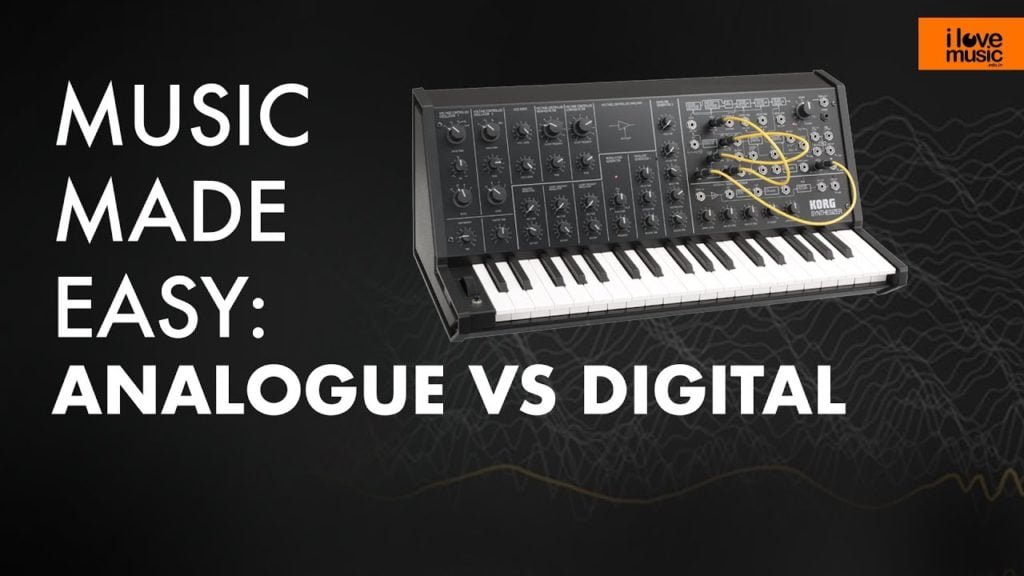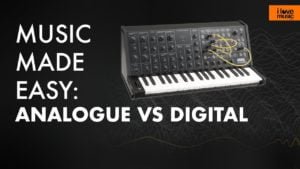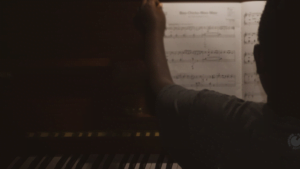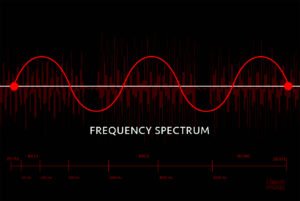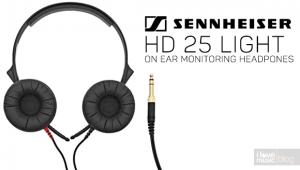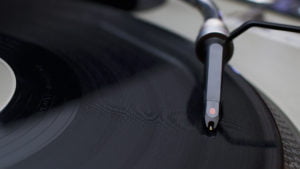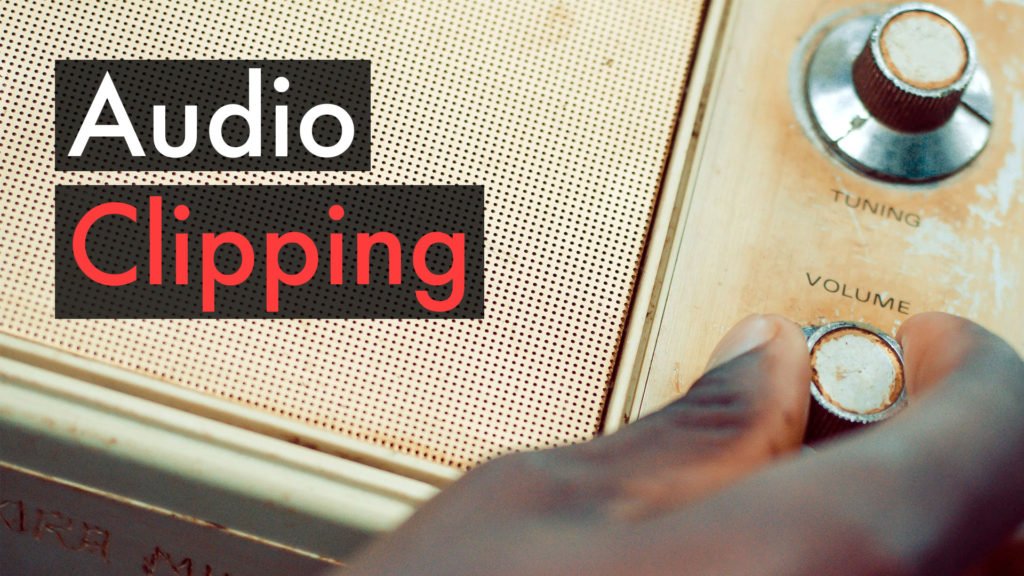We often find ourselves in an endless discussion when it comes to Analog vs Digital signal. The same discussion also continues when we speak about Analog to Digital Conversion. What’s the difference between analogue and digital technology? Which is best? Tapes or other digital platforms.
Head faculty at I Love Music Academy, G ‘Force’ Arjun, begins explaining all of this with a fun little visual comparison.
The Digital Age
We live in a digital age. Everything we own needs to be Portable, Easy, Accessible & Comfortable. Not because we can’t work hard, but because, perhaps, it feels like there just isn’t enough time. Music, too, has fallen prey to this “easy access” disease, where the concept of music-on-the-go has changed from proudly carrying a boom box on your shoulders to storing it in the depths of your pockets in a minuscule mp3 player.
Digital Age Storage Formats
Mp3 In the simplest possible terms is a digital format for the portable storage of music. It’s a solution of compressing a sound sequence into a very tiny file to enable more digital storage and transmission. MPEG (‘The Moving Picture Experts Group’), developed compression methods for video data. DVD movies, HDTV broadcasts and DSS satellite systems all now use MPEG compressions to fit video and movie data into smaller spaces. The MPEG system includes a subsystem to compress sound called MPEG Audio Layer-3.
The Analogue Age
Two decades ago, digital platforms didn’t exist. All we had was analogue, with vinyl and cassette tapes being the most popular. They weren’t portable, though. I mean, yeah, you could carry a Walkman around, but then you’d need a bunch of tapes, too. We millennium kids lack that kind of dedication.

Why Analog is better?
However, the true beauty of analogue lies in the fact that it provides you with ‘lossless’ data. When you convert the data on a cassette or a vinyl into a digital format, it’s written in the form of codes. These codes are designed in such a fashion that the loss of data is almost inevitable.
Why does more storage mean less quality?
I’m going to try an analogy here. Let’s say you’re a musical composition. Your body has all this information embedded in it, but it’s pretty difficult to carry you around, right? Now, imagine being told that a code (let’s name it ‘UrFkd’) is going to process the information inside of you.
According to UrFkd, there’s some information in your fingers and toes that’s frivolous and unnecessary. So it promptly chops off those bits of data, excluding them from the digitized version of you.
This is how a .wav or a .aiff file is created. The data it excludes may not be that much, but it’s lost nonetheless. Essentially, while the file manages to retain the actual language of music, it’s still compressed.
How good is MP3?
The mp3 is, supposedly, a step ahead of .wav – but only in terms of reduced file sizes. If you think compressing a 30 MB piece of music into a 3 MB file is worthy of appreciation, I’d suggest you reconsider your life choices. No, seriously.
Now imagine yet another code, UrSoFkd, telling you that all your limbs are immaterial. After all, you need to be squashed into a suitcase! How else will you be carried around?! Dismissing all the specificity those limbs of yours contain (or even the fact that you’re still human and chopping off limbs is going to hurt), UrSoFkd gives you some technical jargon about how it’s a service to the community. Would you let it happen? Would you let UrSoFkd cut off your limbs? I think it’s safe to presume the answer would be a prompt “Hell, no!”
Still, this is exactly what happens to an original recording (analogue) when you convert it to .wav and then to .mp3 (digital), all in the name of “saving space.” You may not realize it, but your entire listening experience is about to be degraded by at least 20 MB worth of data that is lost, never to be seen again, through file compression.

You might think my analogies are a bit extreme. Human limbs vs. music compression? I mean, come on. But just think about it for a second. That music didn’t come to life by itself. Someone, somewhere, created that music. Someone, somewhere, dreamed it up, lived it, composed it, recorded it, produced it. When you’re mindlessly downloading low bit-rate mp3 files, you are figuratively cutting off the limbs of that someone who created that music somewhere.
I understand your need to carry your music with you at all times. I also understand that 30 MB files for mp3 players don’t work at all. Discmans and Walkmans aren’t viable any more. What we need is a new solution. We could offer up FLAC as one — if only it were compatible with our audio systems. But guess what? No one would fund a FLAC player for mass production, because it’s simply not lucrative enough.
As a listener, as someone who considers music to be an integral part of your life, give yourself a chance to appreciate the actual form of the music that was intended to reach you in the first place.
* * * * *
Distortion of Sound is a documentary created to spread awareness of how “digitalism” is affecting the authenticity of audio. There are many ways to interpret the documentary: as a battle between giants or as a plea to return to analogue and to cease using sub-standard equipment.
Whatever your interpretation, the fact is that none of us needs to be passive consumers. We don’t simply have to make do with what’s served up: we always have a choice.

